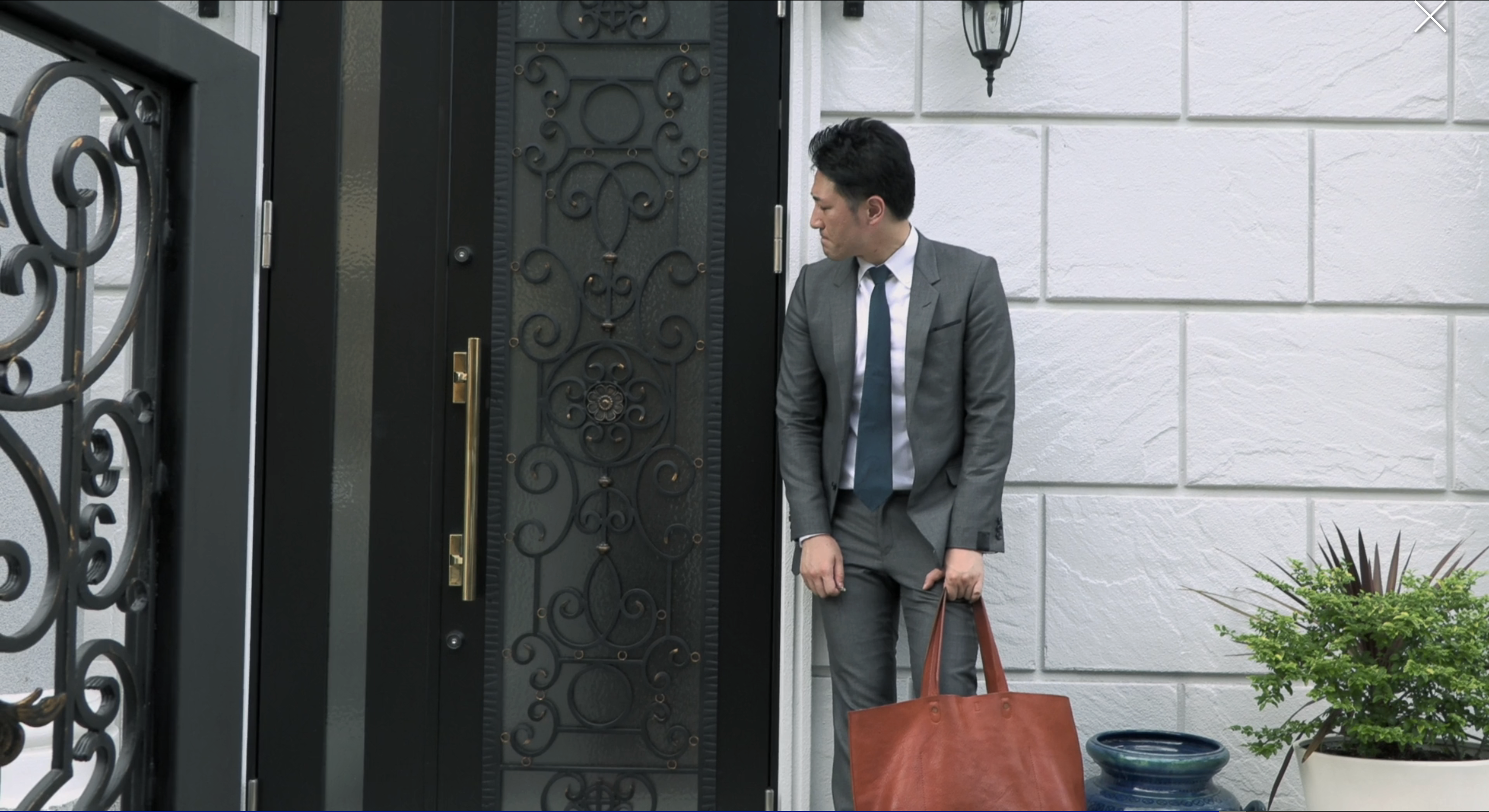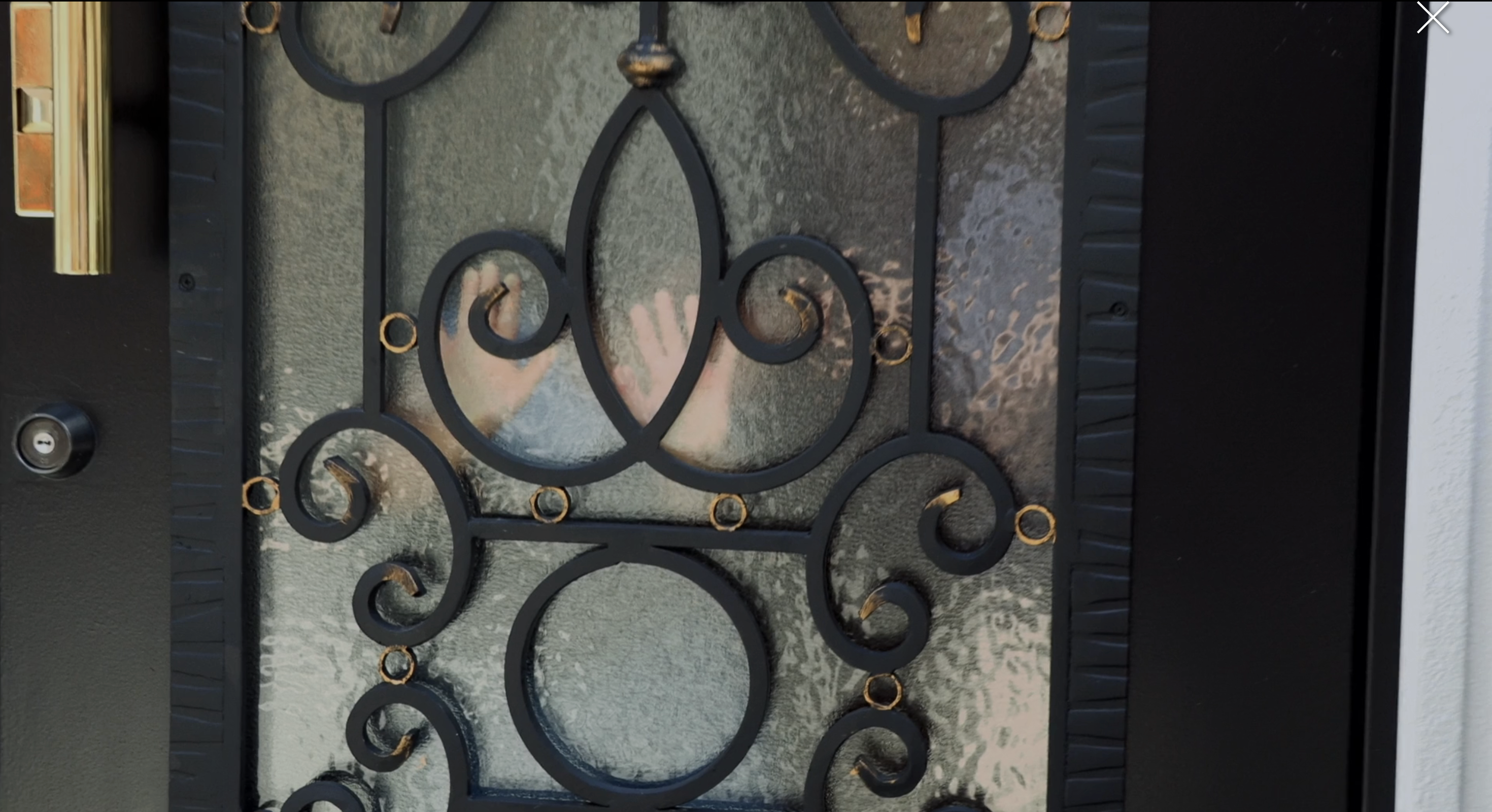“It takes much more than just loving a script. You see you’ve got to take the part and believe it.” – Kero Kero Bonito, “Only Acting”
A week or so ago, I watched Werner Herzog’s film Family Romance, LLC (2019), about Ishii Yuichi who runs a business that rents out family members for various life events, weddings, funerals, work functions. The main thread of the film follows Ishii’s time spent impersonating the estranged father of a tween girl Mahiro, and Herzog largely trains his camera on this duo, as they do exceptionally normal things: walk through parks, talk about growing up, normal stuff. Without any knowledge that Ishii is not really Mahiro’s father, the film would be incredibly boring. But boredom is often where Herzog finds his best strangeness.
Ishii’s and Mahiro’s time together is interspliced with the titular business’s other endeavors, as when one man steps in for a young woman’s alcoholic father in order to walk her down the aisle. But the real emotional heart of the film arises as Ishii slowly loses his emotional center, as the lines between business and personal life blur. He begins to really care for Mahiro and her mother, wondering what it would mean not just to pretend to be part of their family. In the film’s final shot, Ishii goes to his house for the first time in the film, but as he’s about to open the door, he ducks to the side, hiding himself.

Work cannot be neatly separated from life in Family Romance, LLC, in a way that manifests in a kind of fear of home life. As Ishii crouches out of sight, a child, presumably his, presses their hands against the frosted panes of his front door. The shot doesn’t have a clear genre—is the child’s reach that of the sentimental last connection, hands reaching out and touching glass as surrogate for the last chance at physical connection? or is it something out of horror, the hand of the monster crashing against the window, threatening whoever is on the other side?

In Family Romance, LLC, genre dissolves, destroyed by the fantasies lived in what was supposed to be just a job. Whereas Ishii seems to have lost his genre—he should be the ultimate family man, able to provide for his by pretending to be part of another’s—his child has not yet found their genre. When they reach out and touch the glass, they cannot know if they are reaching out for connection or making a threat to their father on the other side.
The twist at the end of Family Romance, LLC will be familiar to viewers of Nathan Fielder’s 2022 series The Rehearsal, where the lines between performance and reality, fantasy and feeling, blur in hilarious and disturbing ways, but this blurring has become a hallmark of workplace media, generally, as I’ve written about for Protean. Apple TV’s Severance is a thriller about trying to break out of the workplace only to find that you can’t. If you put everything into your job, what’s left outside of it?
When thinking about films and shows like this, I always go back to Kero Kero Bonito’s song “Only Acting,” off the band’s 2018 album Time ‘n’ Place:
The chorus goes “I thought I was only acting, but felt exactly like it was all for real,” and the song gradually details the real feelings evoked by a performance that was supposed to be “only acting.” It’s about the confusion that occurs when you think you’re going through the motions, no matter how convincing they may be, and find out that they in turn convince you. We are not always in control of our actions, and we are especially not in control of the way we end feel about those actions.
This performance/feeling split has become the preoccupation of meta/absurdist experiments, such as Family Romance, LLC, The Rehearsal, or another favorite film, Leos Carax’s Holy Motors, but it is also indicative of much workplace television and film today. The collapse of the division between the aesthetic and the real is indicative of a very real collapse in the limits on the workday now. 9 to 5 only gives way to 5 to 9. The body of the actor becomes the body of the worker because the actor is working when they perform as the character, in a representation of working. It is not just a film or tv show about a workplace; we are watching a workplace on film.
I’m curious about what this breakdown of work and life looks like in literature, too. Molly McGhee’s Jonathan Abernathy You Are Kind thematizes this change in work, as the recuperation time of dreaming becomes another site of labor, and Olga Ravn’s The Employees (my review linked above) represents a total life lived in labor in a very different way. And much autofiction formalizes the contemporary collapse of life and work, as all of life becomes the work.